Rwanda News Digest: Strengthening Digital Future, Justice, Environment and Economic Resilience
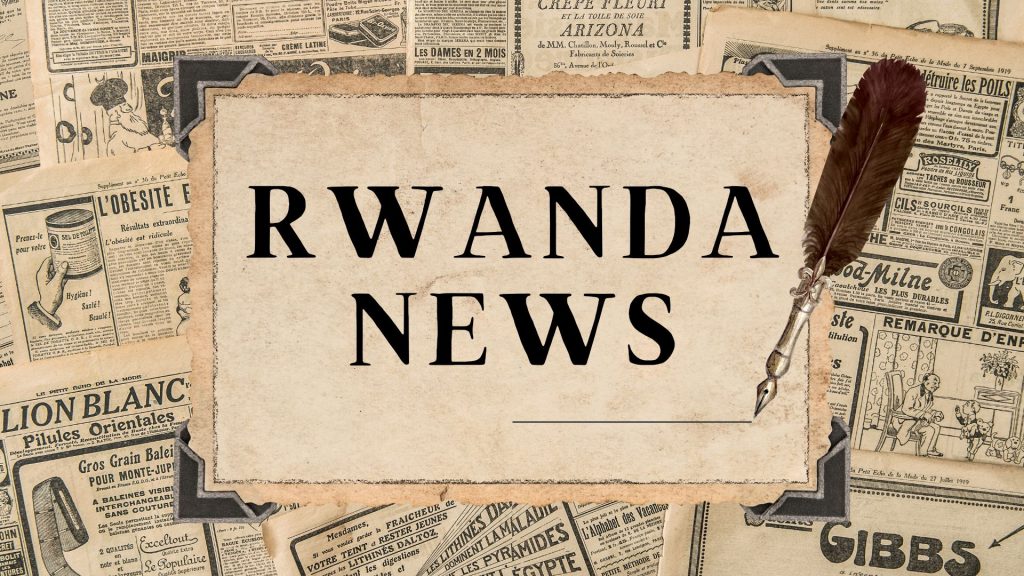
By TOP AFRICA NEWS Reporter
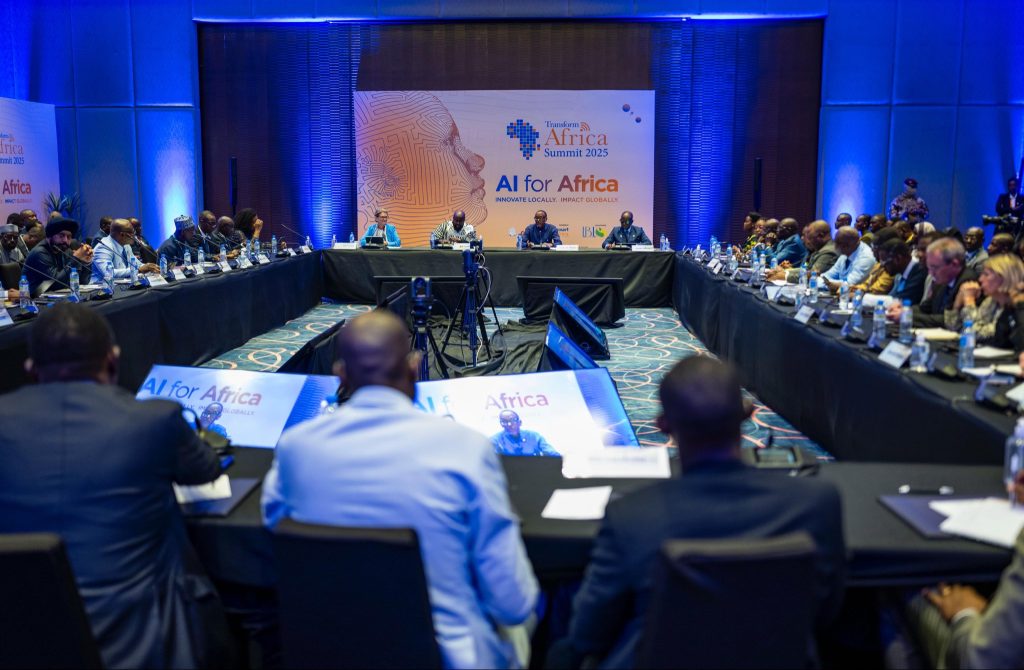
President Kagame Pushes for Digital Economy Momentum
President Paul Kagame observed that collaboration between governments, industries, academia, and development partners is key to creating a stronger momentum for Africa to prosper in the digital economy. The head of state reiterated this stance on Wednesday in Guinea Conakry during the 12th Smart Africa board meeting, which focused on crucial priorities such as artificial intelligence and the ongoing work of the Smart Africa alliance.
President Kagame stressed that true progress will be measured by how well projects are implemented and scaled to produce concrete, measurable outcomes. During the event, the chief executive officer of RISA showcased Rwanda’s innovative digital solutions to the President of Rwanda and the President of Ghana at the Rwanda pavilion, highlighting the power of partnerships in advancing technology.
Supreme Court Addresses Inmates on Nation Building and Restorative Justice

The President of the Supreme Court, Domitilla Mukantaganzwa, visited the Nyarugenge Correctional Facility in Mageragere, telling inmates that the country considers them its children and needs them on the journey of nation building. She emphasized that no one should be defiant after committing a crime.
Regarding the plea bargaining policy, the Chief Justice reminded the inmates that its goal is to ensure swift justice based on truth by correcting the harm caused when a crime is committed, thereby delivering restorative justice that reconciles both sides. For this policy to be effective, however, those who have committed crimes were urged to begin with self-reflection, take the initiative in the implementation of justice, admit the crime, understand its gravity for both the perpetrator and the victim, and make a firm decision not to reoffend.
Climate Action and Carbon Markets at COP 30
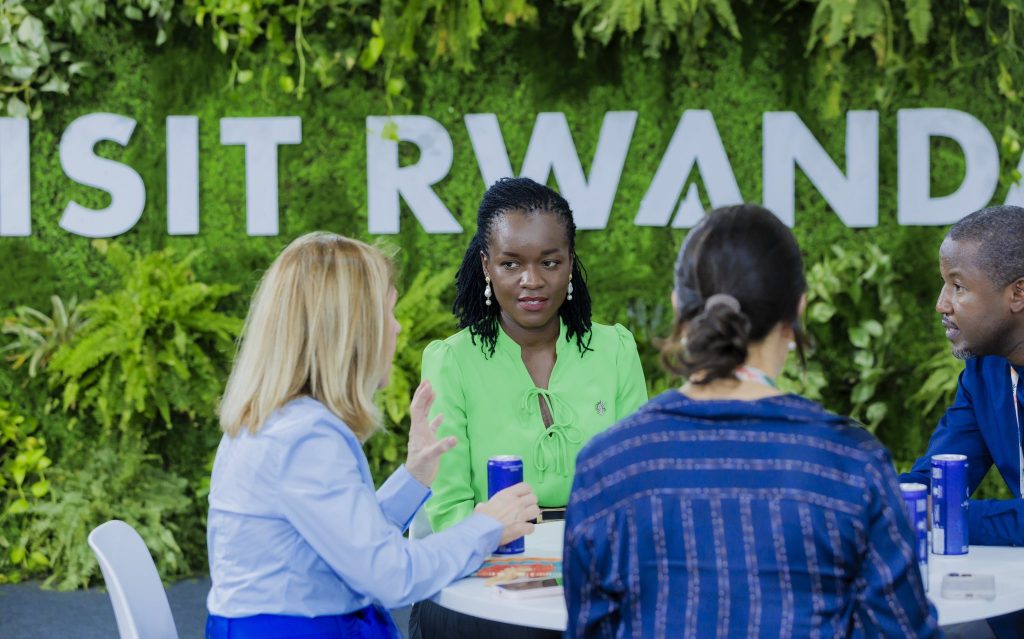
Rwanda is joining world leaders at this year’s COP 30 to discuss how carbon markets can fund climate solutions and ensure developing nations like Rwanda receive their fair share of climate finance. A key item of discussion involves the modalities of availing $300 billion US dollars as the new collective quantified goal on climate finance.
The Minister of Environment, Dr. Arakwiye Bernadette, issued a press release dated November 7, 2025, highlighting that Rwanda is prepared to demonstrate how national leadership and innovation can translate global ambition into tangible results. This will be shown through Rwanda’s new climate action plan, climate and nature finance strategy, and the Rwanda country platform for climate and development, all aiming to build a resilient local economy.
Rwanda’s engagement at COP 30 includes advancing its position on global climate negotiations concerning different carbon market mechanisms under Article 6 of the Paris Agreement, specifically mechanisms 6.2 (bilateral cooperation), 6.4 (international mechanism regulated by the UN), and 6.8 (non-market mechanism).
Rwanda’s carbon market journey began around 2007-2008 with the Clean Development Mechanism (CDM). Currently, benefits derived from the carbon market include:
- Helping the country reduce emissions that contribute to the exacerbation of climate change.
- Allowing project proponents to gain additional financial resources apart from their investment costs, potentially coming as an advance or after proving pledged emission reductions.
- Enabling the country to gain resources to invest in building national resilience.
The Republic of Rwanda, through the Rwanda Environment Management Authority (REMA), has developed and operationalized a carbon registry for tracking records, accounts for international and transferred mitigation outcomes, and ensuring robust accounting to avoid double counting.
East African Community Reports Robust Economic and Tax Growth
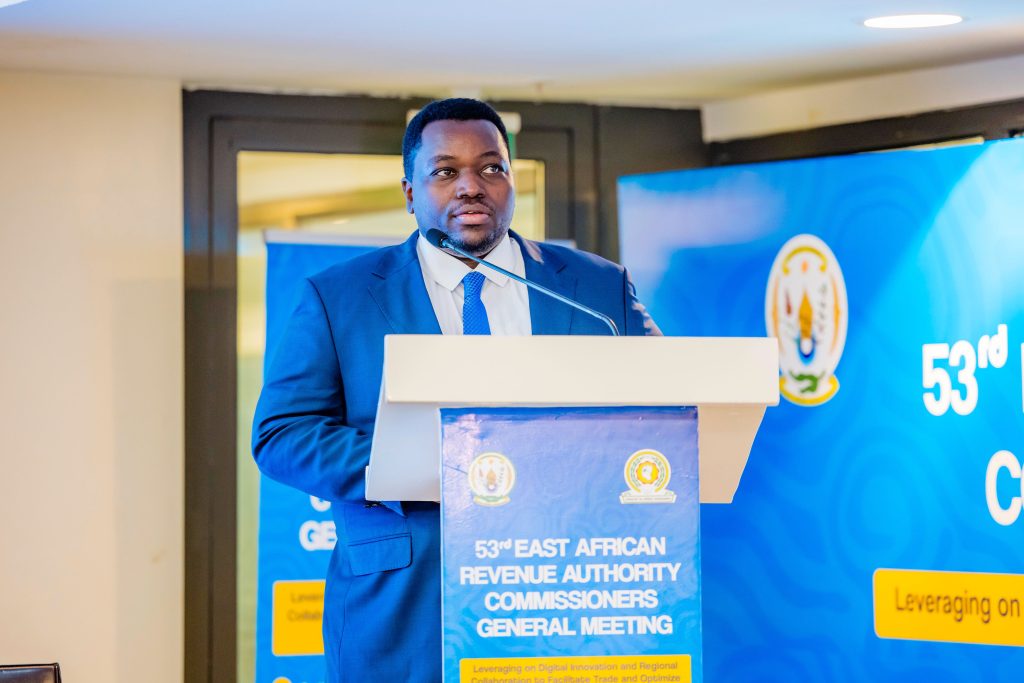
Commissioners General of revenue authorities from East African countries convened at the 53rd African Commissioner General Meeting, emphasizing that cooperation and information sharing are essential in the management and collection of taxes across the region.
The meeting, which focused on using modern technology and regional cooperation to facilitate trade, highlighted significant progress in digital transformation, with countries like Rwanda sharing digital systems (such as the e-invoicing system) for free. Ronald Niwenshuti, the Commissioner General of the Rwanda Revenue Authority, stated that strengthening cooperation improves collaboration as countries work together to handle cross-border trade, illicit trade, and the harmonization of laws.
The Minister of State in the Ministry of Finance and Economic Planning, Mr. Godfrey Kabera, noted that the region’s economy grew by 5.8% in the 2024–2025 fiscal year, demonstrating resilience and steady expansion. Furthermore, nearly all revenue administrations in the region exceeded their national collection targets in 2024–2025, with an average annual revenue growth rate of 16%, significantly outpacing GDP growth. The average inflation rate also decreased to 4.4% in 2024–2025, down from 12.1% two years prior.
International Trade and Bilateral Cooperation
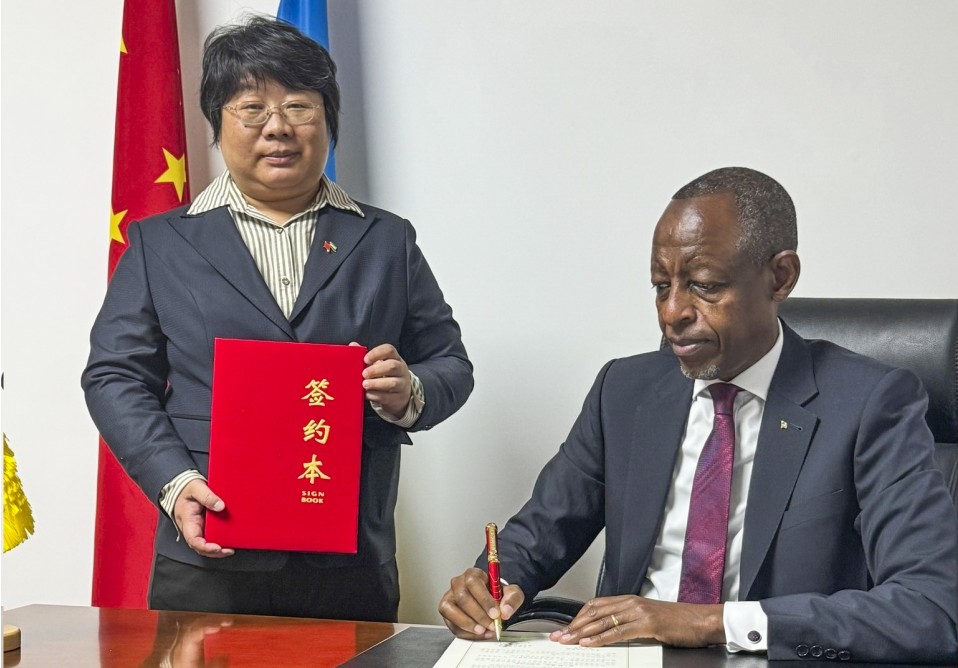
Rwanda and China: Avocado Export Protocol
Rwanda took a major step in expanding its agricultural exports to China by signing the protocol for the export of fresh avocados. This new protocol follows existing agreements covering exports of coffee, tea, honey, stevia, dried chili, and dried fruits and nuts like macadamia.
Rwanda’s Ambassador to China, His Excellency James Kimonyo, hailed this as good news for farmers and exporters, opening up a 1.4 billion market. He emphasized that exporters must meet international food standards as safety is critical. Importantly, the government of China has graciously extended zero tariffs to all exporters from Africa, including Rwanda, to ensure their products remain competitive.
Rwanda and Djibouti Sign Nine MoUs
The Minister of Foreign Affairs and International Cooperation, Ambassador Olivier Nduhungirehe, attended the second joint ministerial commission between Rwanda and Djibouti. This meeting served as a platform to review existing agreements and promote initiatives aimed at strengthening bilateral cooperation. Minister Nduhungirehe and his counterpart signed nine Memorandums of Understanding across several sectors, including sports, health, and family promotion.
The strong relations between the two nations are symbolized by the 20-hectare piece of land Djibouti granted to Rwanda near the Red Sea, and the 10 hectares Rwanda allocated to Djibouti in the industrial zone of Masoro in Kigali.
Local Initiatives to Combat Poverty
In Bugesera District, vulnerable residents were called upon to maximize the benefits of support received to help them overcome poverty. This message coincided with the launch of income-generating projects designed to help vulnerable families start small businesses and improve their livelihoods.
The initiative involved five cooperatives, totaling 25 families, who received startup funds. Beneficiaries ventured into various small businesses, including the sale of construction materials, clothing, pottery, charcoal, and food items. Direct Aid Rwanda funded the initiative, providing 20 million RWF in financial assistance. Direct Aid also partners with the government by sharing cows and goats to help families become self-sufficient. The Bugesera district’s executive secretary urged beneficiaries to use the funds productively, assuring them of continued support.

SUBSCRIBE TO OUR NEWSLETTER












